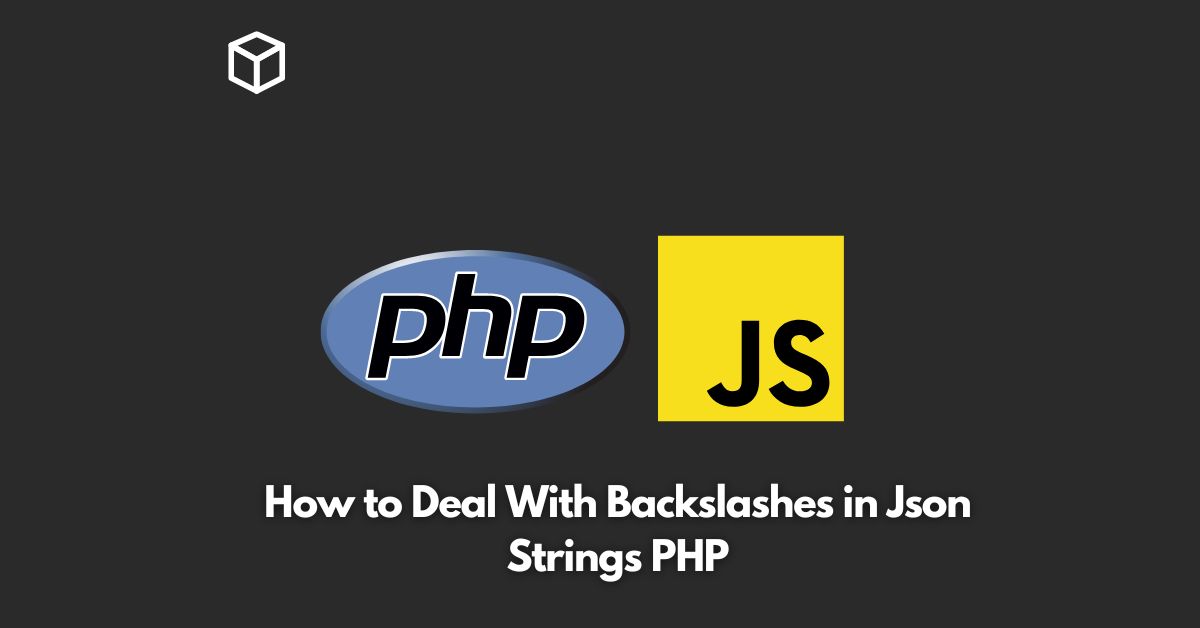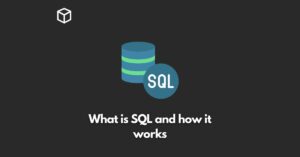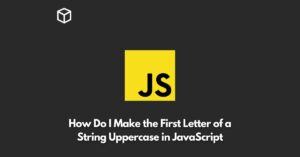JSON (JavaScript Object Notation) is a data interchange format that is widely used for transmitting data from the server to the client or vice versa.
In PHP, JSON strings are often used in web applications to pass data from the backend to the frontend.
However, when using JSON strings, one common issue that developers may face is the handling of backslashes.
What are backslashes in JSON Strings?
Backslashes are escape characters that are used to escape certain characters within a string.
In JSON strings, backslashes are used to escape special characters such as quotes, newlines, and backslashes themselves.
Why do we need to deal with backslashes in JSON Strings?
The reason why we need to deal with backslashes in JSON strings is that when a string is encoded as a JSON string, any backslashes that are present in the original string will be automatically escaped.
This can cause issues when the JSON string is decoded, as the backslashes may interfere with the intended formatting of the data.
How to Deal with Backslashes in JSON Strings?
The solution to dealing with backslashes in JSON strings is to use the PHP function json_encode().
This function is used to encode a PHP value into a JSON string and can be used to automatically escape any special characters that are present in the original string.
Here’s an example of how you can use json_encode() to encode a string that contains a backslash:
$string = "This is a string with a \\ backslash."; $json_string = json_encode($string); echo $json_string;
The output of the above code would be:
"This is a string with a \ backslash."
As you can see, the json_encode() function has automatically escaped the backslash in the original string.
Conclusion
In conclusion, dealing with backslashes in JSON strings in PHP can be easily handled using the json_encode() function.
This function will automatically escape any special characters that are present in the original string, ensuring that the JSON string is properly formatted and can be easily decoded.
By using this function, developers can avoid issues related to backslashes in JSON strings and ensure that their data is transmitted correctly.




